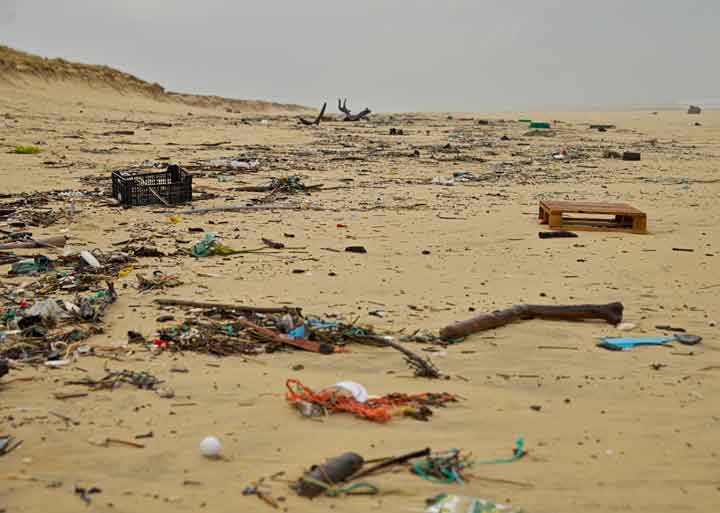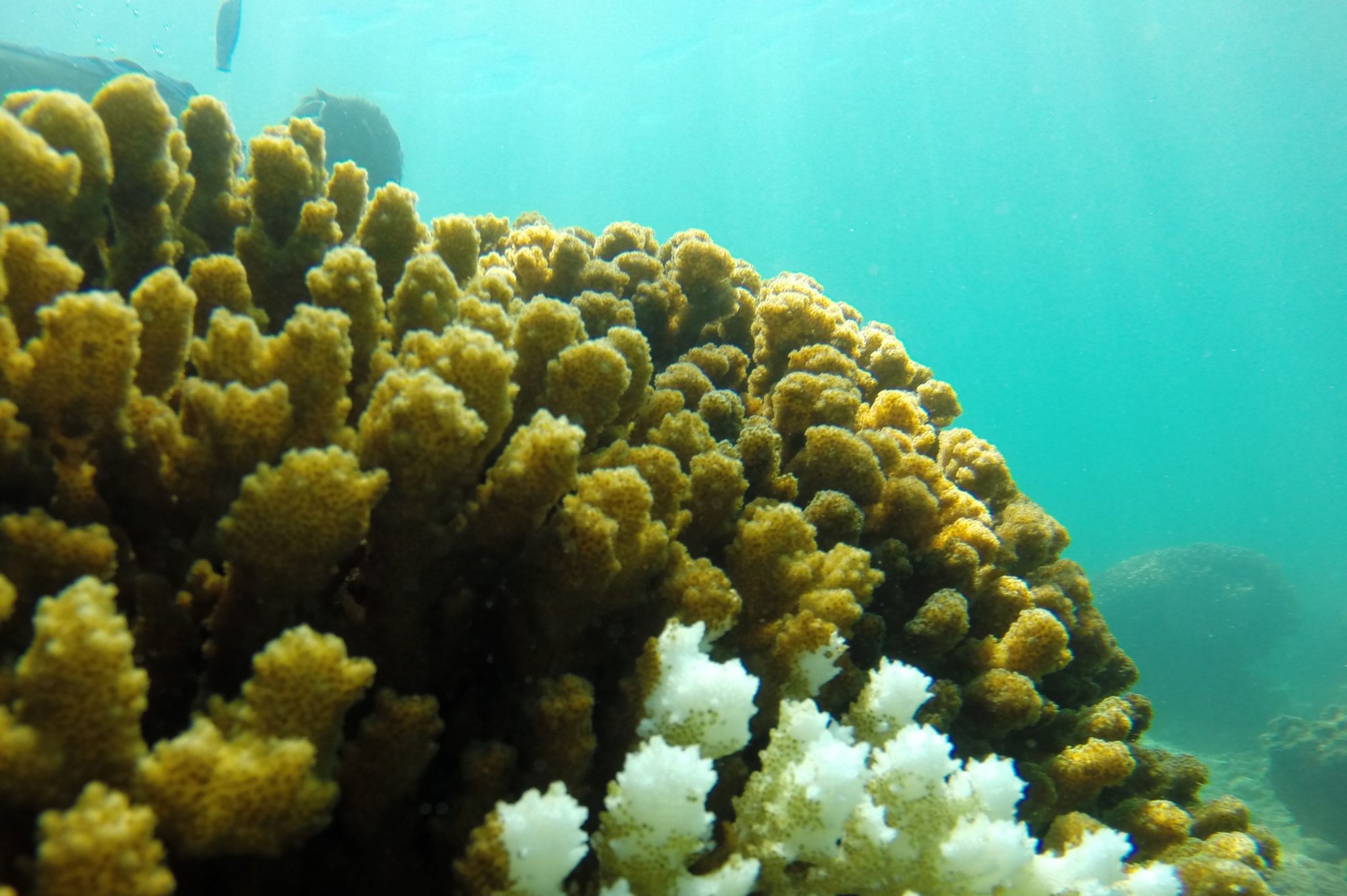Organic waste, poison for marine ecosystems
The environmental conflict between Honduras and Guatemala, due to the garbage that the Motagua River carries to the Caribbean Sea, is mainly centered on the flow of plastic and other visible solid waste that has taken over the media in recent weeks. However, the greatest risk from these polluted waters lies below the surface.
“This garbage affects marine ecosystems, but we do not know its impact on the reefs because they have not yet been monitored, there are reports of some colonies near Cieneguita, but it is not known if they have fish and other forms of marine life,” said Ericka Bautista, president of the Friends of the Environment group (AMA Puerto Cortés). The environmentalist complains that it has been more than “10 years” of a problem that can have serious risks for the health of the reefs that inhabit the waters of the Gulf of Honduras (Honduras, Guatemala and Belize).
Although plastic and other solid waste create a spectacle that is difficult to ignore, it is the organic waste that presents the greatest risk. This garbage attracts a large number of bacteria and protozoa that feed on these materials, who rapidly increase its population. Being more numerous colonies, they consume a greater volume of the oxygen dissolved in the water; causing the death of many fish.
Another consequence is that the water becomes cloudy, gives off foul odors due to the presence of hydrogen sulfide and methane (products of fermentation), and causes the death of many fish, sometimes of economic importance to man.
Due to COVID-19, the monitoring carried out by Healthy Reefs in Honduras has been suspended, but it is expected that they can be resumed by April 2021, the date on which the impact that this situation has on the health of the reef will begin to be known.
Permanent solution

The Honduran Commissioner for Human Rights, Roberto Herrera, recently declared that Guatemala must find a “permanent scientific solution” to this problem. It is estimated that, since 2015, the Honduran Caribbean has received some 5,000 tons of garbage carried by the Motagua River.
He also said that Hondurans are “willing to contribute and collaborate” with Guatemala in the search for a definitive solution to the environmental pollution caused by the garbage that carries the Motagua River towards the coasts of Honduras.
In these years, the solution proposed by the Guatemalan side has been the installation of bio-fences, with the aim of containing the garbage that this river carries. According to a study by the non-governmental organization, Madre Selva, most of the solid and organic waste could come from the Guatemalan capital.
Herrera assured that Guatemala has “the main responsibility because it is under their control to see what to do and what not to do,” he said. The Honduran Commissioner for Human Rights urged the Guatemalan and Honduran authorities to continue the technical dialogues, although he assured that at some point the talks will have to be “elevated to a diplomatic level.”
“If it is not possible to find a solution by direct means, it will be necessary to resort to the other procedures of peaceful solution and in this case the most appropriate one is before the Inter-American Court of Human Rights to put an end to the problem,” he explained.
